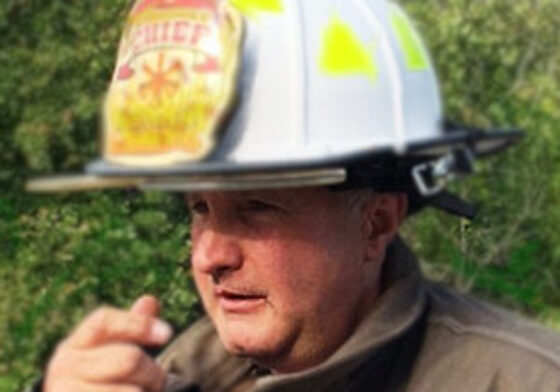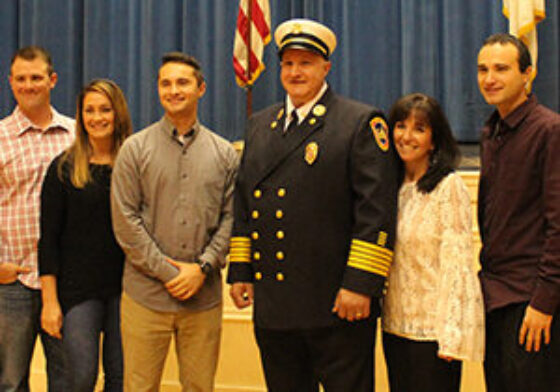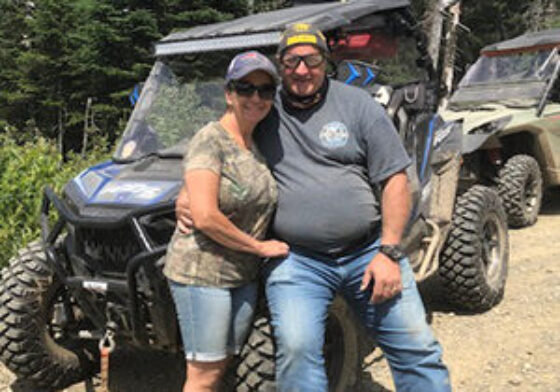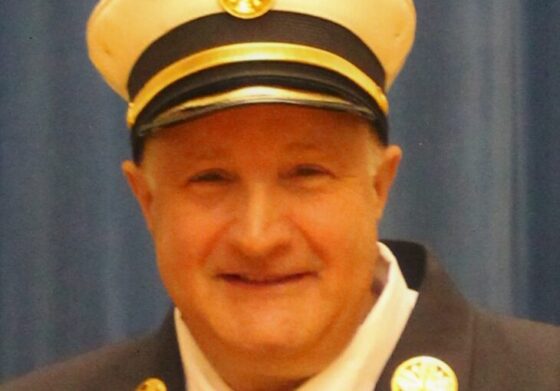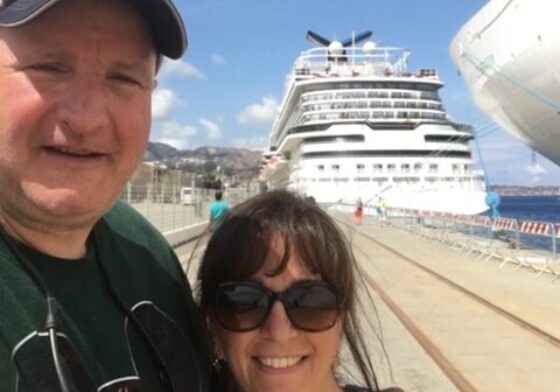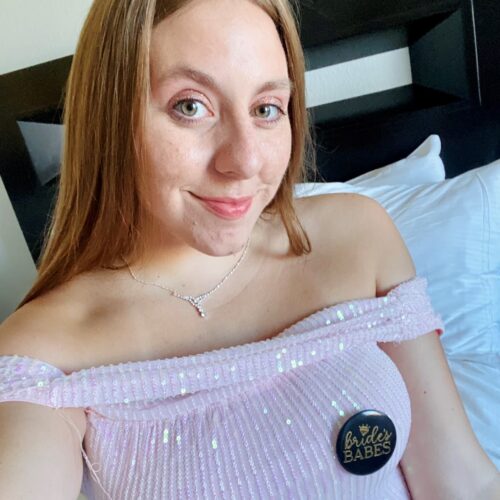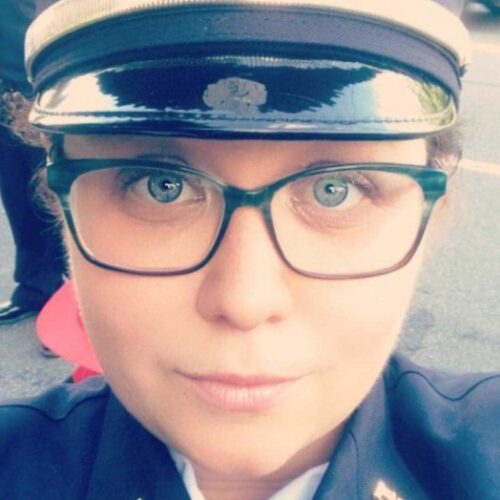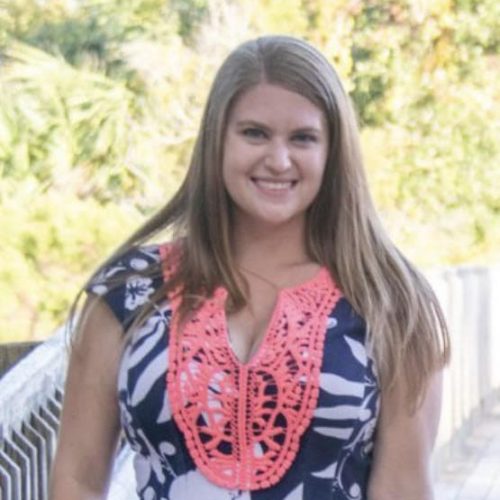I grew up in East Boston and Winthrop, Mass., and then lived in Chelmsford and was a member of the Revere Fire Department for 22 years. I currently live in Ashburnham, Mass., and serve as Chief of the Athol Fire Department.
In Revere, I responded to many fires. I was lucky enough to be in one of the first groups of firefighters to be trained at the Fire Academy. Because of what I learned there, I wore my bunker gear and my hood at all times.
As a childhood lymphoma survivor, I was on a regimen where I was watched and checked every year by doctors at a research hospital in Boston. In 2013, my oncologist noticed that my lymph nodes were enlarged, and sent me for a series of biopsies, which revealed I had thyroid cancer. I had surgery to remove the thyroid.
There is no doubt in my mind that the thyroid cancer was directly related to my work as a firefighter. I had that hood on all the time, and it was carcinogen-infused. Revere was a very busy department and I rarely washed the hood. The hood smelled like fire and on the rare instance that I did wash it, it was with a regular washing machine. There was no education about cleaning your gear then.
“If I had known then what I know now…”
We now understand that carcinogens are absorbed through the skin and the rate of absorption increases with heat. If I had known then what I know now, after every fire I would have cleaned my hood. Do I think that would have made a difference? Unequivocally, yes.
After the thyroid cancer, I also had gallbladder cancer, diagnosed when I told my doctor about a new pain I had that I thought might be muscle pain from lifting something heavy; but the pain didn’t go away. I told my doctor about it and it turned out to be cancer, diagnosed very early. They removed my gallbladder and the cancer hadn’t spread.
In memory of firefighter Pete Kannler
When I was being treated, my very good friend, Chelsea firefighter Pete Kannler, was also being treated at the same hospital for occupational cancer. He’d be getting his treatments on the third floor, and I’d be on the 10th floor, and we’d meet to talk. Pete passed away at 37 from esophageal and stomach cancer. (Learn about the work of Peter’s sister, Christine Kannler, MD, helping firefighters detect cancer early.)
Pete and I taught at the Massachusetts Fire Academy together and we were very close. All the training I do related to cancer prevention and early cancer detection is in honor and memory of Pete.
Advice for others
For firefighters; first of all, wear your gear. You have to wear your gear, especially your respiratory gear, your SCBA (self-contained breathing apparatus,) even during overhaul. Clean your gear in the proper washer after every possible exposure to fire or chemicals. Back in the day, when you walked into the firehouse and smelled fire, it was impressive. Now, walking into a firehouse and smelling fire is NOT a badge of courage.
Ask your doctor for all of the recommended annual labs and screenings that are available to you. Educate your doctor that as a firefighter, the screening tests for prevention and early detection of cancer are critical and that some of them are needed earlier than for the general population. Beyond the screenings that are available, you are in charge of paying attention to your own health changes and bringing them to your doctor’s attention. Be honest about your habits and any health changes.
Take care of yourself. If you don’t — think about what you’re doing to your family, your kids, your wife. We can’t stop what the guy upstairs has planned for us, but we can minimize our risk and increase our survival rates if we get to our doctors early.
Symptoms:
- enlarged lymph nodes
- muscle pain
FREE Online Learning for Firefighters

The platform includes our 3 Steps Detect training along with 10 short lessons covering topics such as compiling your medical history, identifying and tracking symptoms, and how to prepare for doctor appointments. Firefighters can access the platform by clicking the link below.
